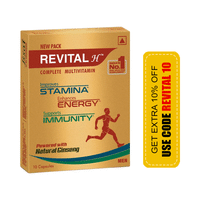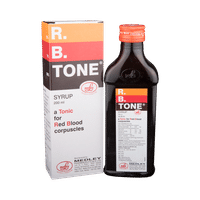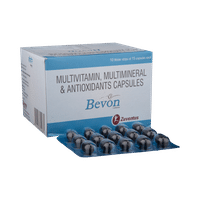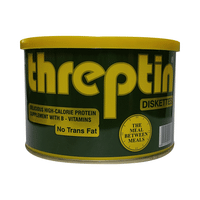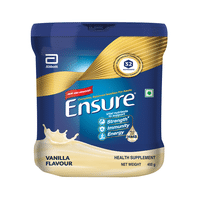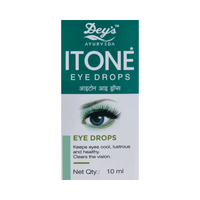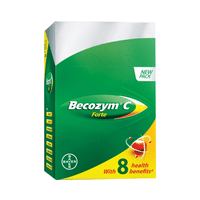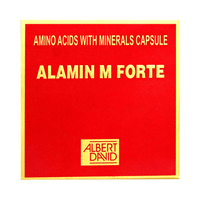Dydrozole Cream
Rs.71.70for 1 tube(s) (15 gm Cream each)
food interaction for Dydrozole
alcohol interaction for Dydrozole
pregnancy interaction for Dydrozole
lactation interaction for Dydrozole
medicine interaction for Dydrozole
food
alcohol
pregnancy
lactation
medicine
No interaction found/established
No interaction found/established
Dydrozole Cream is generally considered safe to use during pregnancy. Animal studies have shown low or no adverse effects to the developing baby; however, there are limited human studies.
SAFE IF PRESCRIBED
Dydrozole Cream is probably safe to use during breastfeeding. Limited human data suggests that the drug does not represent any significant risk to the baby.
SAFE IF PRESCRIBED
No interaction found/established
SALT INFORMATION FOR Dydrozole
Clotrimazole(1% w/w)
Uses
Clotrimazole is used in the treatment of fungal infections.
How it works
Clotrimazole is an antifungal medication. It kills and stops the growth of the fungi by destroying its cell membrane, thereby treating your skin infection.
Common side effects
Blisters, Erythema (skin redness), Vaginal discharge, Genital peeling, Burning sensation of the penis (of sexual partner), Stinging sensation, Edema (swelling), Vaginal burning sensation, Skin irritation, Allergic reaction, Polyuria, Vaginal itching, Vaginal bleeding, Pain in vagina, Vaginal swelling
Hydrocortisone(1% w/w)
Uses
Hydrocortisone is used in the treatment of severe allergic reactions, allergic conditions, cancer, skin disorders and eye disorders.
How it works
Hydrocortisone is a steroid which works by blocking the production of certain chemical messengers in the body that cause inflammation (redness and swelling) and allergies.
Common side effects
Increased risk of infection, Weight gain, Insomnia (difficulty in sleeping), Vomiting, Nausea, Depression, High blood pressure, Increased glucose level in blood, Blurred vision, Osteoporosis, Dyspepsia, Posterior subcapsular cataract, Hypothalamic-pituitary-adrenal axis suppression, Hypertrophic cardiomyopathy, Thromboembolism, Tendon rupture
SUBSTITUTES FOR Dydrozole
1 Substitutes
1 Substitutes
Sorted By
 Rs. 71save 4% more per gm of Cream
Rs. 71save 4% more per gm of Cream
Expert advice FOR Dydrozole
- Do not skip any doses and finish the full course of treatment even if you feel better.
- Few tips to prevent infection:
- Keep your feet clean and dry, particularly between the toes.
- Cut your nails short and prefer open-toe shoes for everyday use.
- Keep your vagina clean and dry.
- Use a separate clean towel for the infected area.
- Take a shower with antifungal soap after gyming or severe sweating.
- Never share your socks, shoes, and towel with others.
- Apply a sufficient amount to cover the affected area and 1 inch of the immediate surrounding skin.
- Avoid getting it in the eyes, nose, or mouth. If accidental exposure occurs, rinse immediately with plenty of water.
- Inform your doctor if the infection does not clear up even after four weeks of treatment.
- Inform your doctor if you are pregnant, planning pregnancy, or breastfeeding.
- If used topically on the nipple area, wash breasts before feeding your child.
- Do not apply Clotrimazole on cuts or burns. Keep away from children.
Frequently asked questions FOR Dydrozole
Clotrimazole
Q. What is Clotrimazole used for?
Clotrimazole is an antifungal medicine. It is used to treat fungal skin infections such as ringworm (fungal skin infection that causes a red scaly rash on different parts of the body), athlete’s foot (fungal infection of the skin on the feet and between the toes), fungal nappy rash and fungal sweat rash. It is also used to relieve irritation of the vulva (external thrush) and irritation occurring at the end of the penis, which may be associated with thrush.
Q. Clotrimazole is effective against which fungi?
Clotrimazole is effective against Trichophyton species which cause ringworm infection, athlete’s foot, and jock itch (fungal infection of the skin in the groin or buttocks). It is also effective against yeast known as Candida which commonly causes vaginal thrush (infection caused by an overgrowth of yeast called Candida albicans).
Q. I have started using Clotrimazole. By when can I expect to start seeing the improvements?
The symptoms of skin infection, such as itching or soreness, should improve within a few days of treatment. However, the signs such as redness and scaling may take longer to disappear. Do not stop applying this medicine before the duration advised by your doctor, even if you feel better.
Hydrocortisone
Q. How does Hydrocortisone work?
Hydrocortisone works by reducing the inflammation which helps in treating many illnesses caused due to active inflammation. In addition to that, it stops the autoimmune reactions which occur when your body's immune system attacks the body itself and causes damage.
Q. Is Hydrocortisone a steroid?
Yes, Hydrocortisone is a steroid medicine also known as corticosteroids which occur naturally in the body. These corticosteroids help to maintain health and wellbeing. Hydrocortisone increases the levels of corticosteroids in the body by treating various illnesses involving inflammation (redness, tenderness, heat and swelling).
Q. What is Hydrocortisone used for?
Hydrocortisone has anti-inflammatory and immunosuppressant properties. It is used to treat many conditions like allergic conditions, anaphylaxis, asthma, rheumatoid arthritis and inflammatory skin diseases. It also helps to treat autoimmune diseases (these diseases happen when your body’s immune system attacks the body itself and causes damage), and certain eye disorders.













